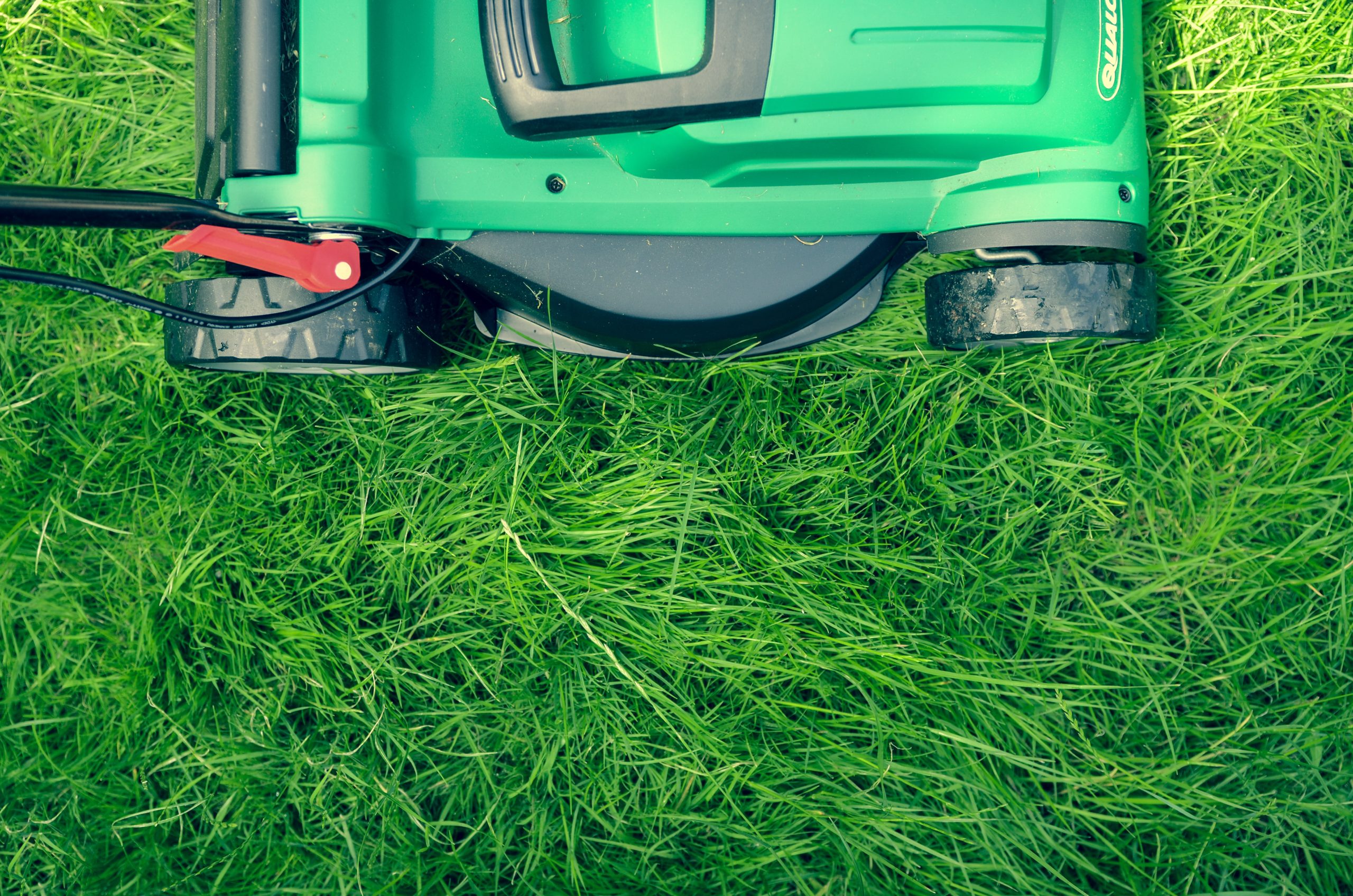Agriculture has come a long way since the days of manual labor and traditional farming methods. Today, farmers have access to a wide range of digital solutions that can help them optimize their crop outcomes and increase their yields. By leveraging technology, farmers can work smarter, not harder, and achieve better results with less effort.
One of the most significant benefits of digital solutions in agriculture is the ability to collect and analyze data. With sensors, drones, and other IoT devices, farmers can gather real-time information about their crops, including soil moisture levels, temperature, and nutrient content. This data can then be analyzed using machine learning algorithms to identify patterns and trends that can help farmers make more informed decisions about their farming practices.
For example, by analyzing data on soil moisture levels, farmers can determine the optimal time to water their crops, reducing water waste and improving crop yields. Similarly, by monitoring temperature and humidity levels, farmers can identify potential pest infestations and take proactive measures to prevent crop damage.
Another way that technology is revolutionizing agriculture is through precision farming. Precision farming involves using digital solutions to target specific areas of a field with the right amount of fertilizer, water, and other inputs. This approach can help farmers reduce waste and improve crop yields by ensuring that each plant receives the exact amount of nutrients it needs.
Digital solutions can also help farmers automate many of their farming tasks, reducing the need for manual labor. For example, autonomous tractors can be programmed to plant, fertilize, and harvest crops, freeing up farmers to focus on other tasks. Similarly, robotic weeders can be used to remove weeds without the need for herbicides, reducing the environmental impact of farming.
In addition to these benefits, digital solutions can also help farmers reduce their environmental impact. By using precision farming techniques, farmers can reduce the amount of fertilizer and other inputs they use, reducing the risk of pollution and soil degradation. Similarly, by using renewable energy sources like solar panels and wind turbines, farmers can reduce their carbon footprint and contribute to a more sustainable future.
Overall, the benefits of digital solutions in agriculture are clear. By leveraging technology, farmers can work smarter, not harder, and achieve better crop outcomes with less effort. From data analysis to precision farming and automation, digital solutions are revolutionizing the way we farm and helping us build a more sustainable future. So, if you’re a farmer looking to improve your crop outcomes, it’s time to start thinking about how you can leverage digital solutions to take your farming practices to the next level.




